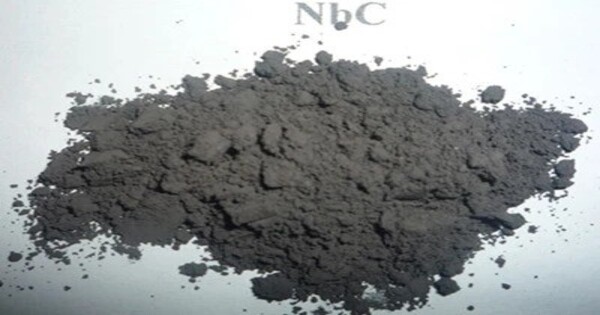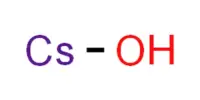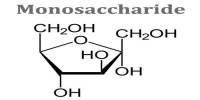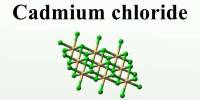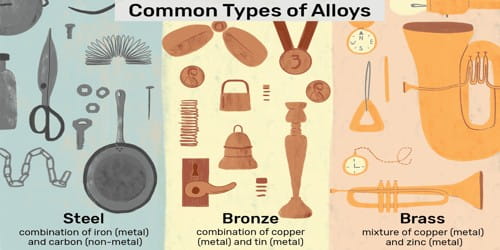Niobium carbide (NbC and Nb2C) is a very hard refractory ceramic substance that is commonly used in cutting tool bits. It is typically processed through sintering and is a common component as a grain development inhibitor in cement carbides. It resembles a brown-gray metallic powder with a purple luster. It is highly corrosion-resistant. It is a refractory ceramic material with numerous applications due to its high melting point, hardness, and chemical stability.
Synthesis
Niobium carbide can be made by heating niobium oxide in a vacuum to 1800 °C and adding coke.
Properties
Niobium carbide is a common intended result in microalloyed steels due to its exceptionally low solubility in austenite, the lowest among all refractory metal carbides. Depending on grain size, niobium carbide can burn at 200-800 °C in air. Chemical vapor deposition allows for the formation of a layer of niobium carbide. Zirconium carbide and niobium carbide can be employed as refractory materials in nuclear reactors.
- Chemical formula: NbC
- Molar mass: 104.917 g/mol
- Density: 7.820 g/cm3
- Melting point: 3,608 °C (6,526 °F; 3,881 K)
Applications
- Cutting Tools and Abrasives: Niobium carbide is used in high-performance cutting tools, drills, and abrasive materials. Its hardness makes it suitable for machining tough materials.
- Wear-resistant Coatings: It is applied as a coating to improve the wear resistance of various components, such as those used in mining and manufacturing industries.
- Electrodes: It can be used in electrodes for electric arc furnaces, benefiting from its high melting point and good electrical conductivity.
- Composite Materials: It is used in combination with other materials to produce advanced composite materials with enhanced properties, such as improved hardness and thermal stability. Nuclear Applications: Its stability at high temperatures and resistance to neutron irradiation make it a candidate for certain nuclear applications.
